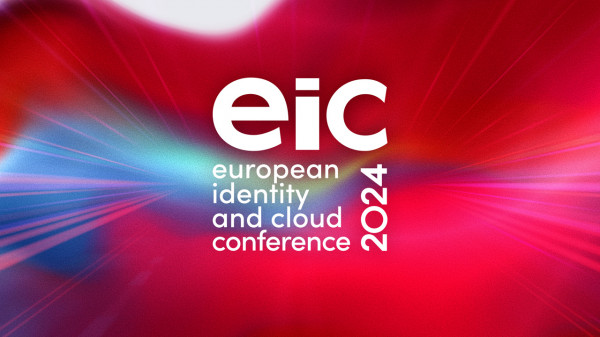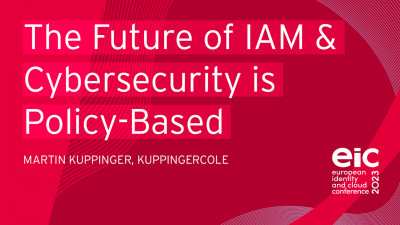Among these emerging technologies, identity wallets have sparked considerable debate and optimism—not to mention quite a number of working groups. While they promise a future of seamless and secure digital identity management, their proliferation may be premature, serving more as a distraction than a solution, until we achieve truly ironclad identity authentication.
The Allure of Identity Wallets
Identity wallets propose an enticing vision: a user-centric model where individuals have full control over their identity credentials, sharing them effortlessly and securely across services and organizations. This concept aligns with the broader trend towards empowering users and enhancing privacy. By consolidating identity verification in a single, secure location, identity wallets seem to offer a panacea for the fragmented, insecure, and cumbersome processes plaguing current online interactions.
The Core Issue: Authentication Integrity
However, the rush towards adopting identity wallets overlooks a fundamental flaw in our current cybersecurity infrastructure—the integrity of identity authentication itself and the endless number of protocols. The foundation of any IAM system is its ability to accurately and securely authenticate the identity of users. No matter how sophisticated or user-friendly an identity wallet may be, its effectiveness is inherently limited by the reliability of the initial authentication process.
Outside these working groups, reality we face is stark. Phishing attacks, identity theft, and account takeovers are rampant, exploiting weaknesses in password-based systems, biometrics, and even two-factor authentication methods. The security community has long acknowledged these vulnerabilities, yet a truly ironclad solution remains elusive.
Distraction from the Real Challenge
The fervor surrounding identity wallets risks diverting attention and resources from addressing the root problem—developing authentication mechanisms that are both impervious to existing threats and adaptable to future challenges. While identity wallets can streamline identity management once a user is authenticated, they do little to enhance the security of the authentication process itself.
This is not to dismiss the potential benefits of identity wallets outright. They represent a significant step forward in managing digital identities. The path forward requires a collective reevaluation of our priorities. The cybersecurity and identity communities must channel iefforts into research and development of authentication technologies that can withstand the sophisticated threats of today and tomorrow. Innovations such as cryptographic proofs, advanced biometrics, and behavioral analytics hold promise, but require significant investment to realize their potential.
Moreover, fostering an ecosystem that supports interoperability and open standards will be crucial. This approach will not only enhance the security and usability of authentication methods but also ensure that emerging solutions like identity wallets can integrate seamlessly into the broader IAM framework.
What do you think? Digital wallets and all aspects of IAM will be high on the agenda at KuppingerCole’s European Identity & Cloud EIC2024 conference. There will be opportunities to learn about Safeguarding Digital Identities in Today's World, to get insights into How AI Can Help IAM Deliver Better and Stronger Authorization, to get answers the question: Can you trust AI in IAM? And much more!
Find out what identity, cloud, and security industry experts, thought leaders, practitioners, and peers are thinking and doing by joining us at EIC 2024 taking place in Berlin and online from June 4 to 7.










































